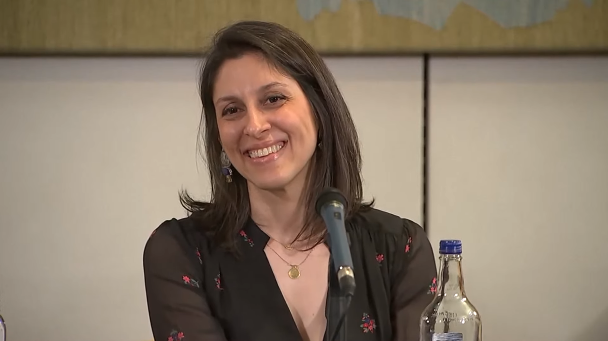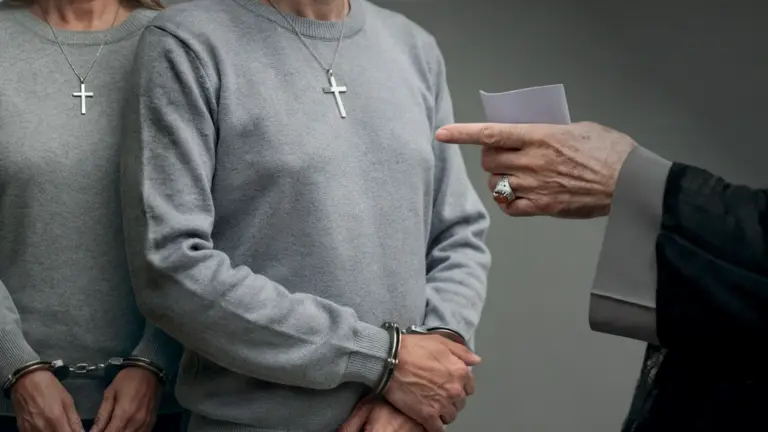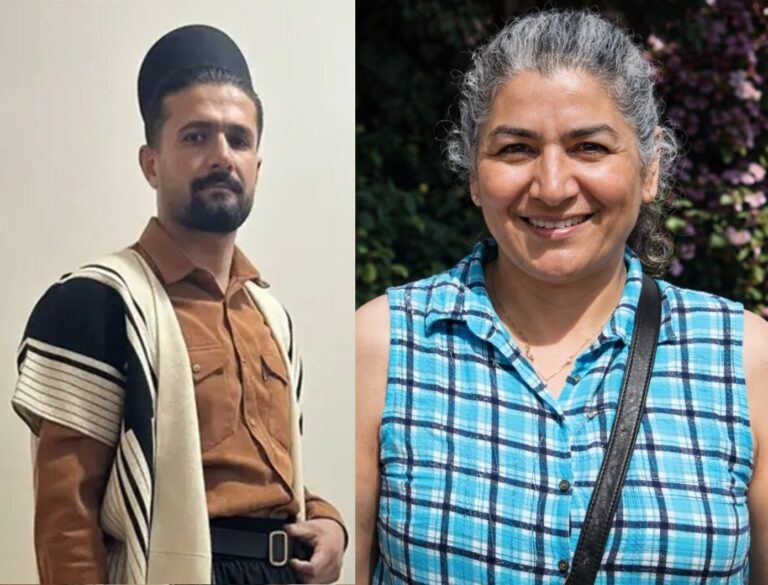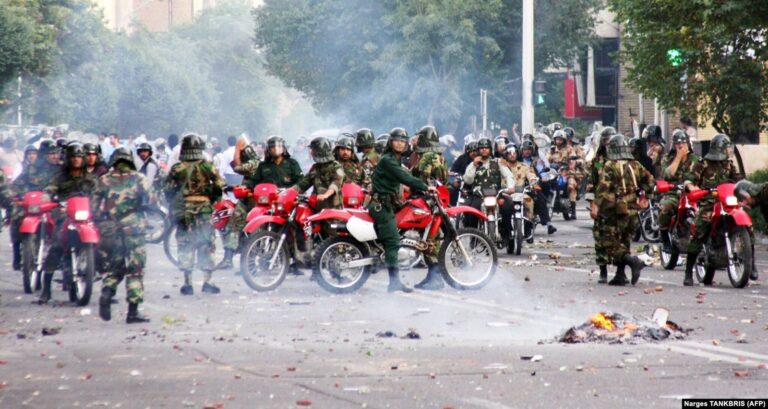
Nazanin Zaghari-Ratcliffe highlighted the plight of remaining prisoners of conscience, including members of religious groups, during her first public comments since her release last week from six years in prison.
“I believe that the meaning of ‘freedom’ is never going to be complete until such time that all of us who are unjustly detained in Iran are reunited with their families,” she said. “To begin with [fellow British-Iranian] Morad [Tahbaz], but also other dual nationals, members of religious groups, or prisoners of conscience.”
Nazanin was speaking at a news conference in London earlier today alongside her husband Richard, who was a relentless advocate on her behalf, their local MP Tulip Siddiq, and Morad Tahbaz’s daughter, Roxanne.
“We do realise that if I have been in prison for six years, there’s so many other people – we don’t know their names – who have been suffering in prison in Iran,” Nazanin said.
She added: “Justice in Iran does not have any meaning… If you’re lucky, then you’ll be picked up by a semi-fair judge, but in most cases you’re not lucky.”
Nazanin repeatedly declined to comment on her experiences in prison, but said she had become very close to the families of
other political prisoners, including Morad’s, and those of fellow conservationists Niloufar Bayani, Houman Jokar, Sepideh Kashani, and Sam Rajabi, and Iranian-American Siamak Namazi.
When asked to comment on the current discussions with Iran over the nuclear deal, and what should be the minimum price asked for by Western governments in terms of human rights in Iran, Nazanin replied: “I don’t think anybody’s life should be linked to a global agreement, whether it’s nuclear, environment, or whatever. Every human being has got the right to be free. And what really upset me all these years is that my life was linked to something which has got nothing to do with me.
“… The remaining dual nationals in Iran, their story should not be linked to any political [or] international agreements. Human rights should not be something that people would look into as a side-story when they’re doing big deals. It has to be on its own, independently, a big issue to be solved.
“I was the lucky one who came home. There are so many other people who are still remaining in Iranian prison. And I think their story has to be separately dealt with, and not [linked] with any international agreement.”
Nazanin added that she believed it was her faith that enabled her to endure the “huge, huge price” that she and her family had been forced to pay these past six years.
“I did go through a journey to get to know myself a lot better, to get to know my strength, and my faith more than anything else,” she said. “So it was a journey with a huge, huge price…
“Looking back, we paid a huge price for it. But at the end of the day, it made us a lot closer. We made so many good friends, and got to know the families of the ex-prisoners, or prisoners who are at this moment in prison. So I think it made us a lot closer to each other, and a lot stronger together, but we paid a massive price.”



0 Comments